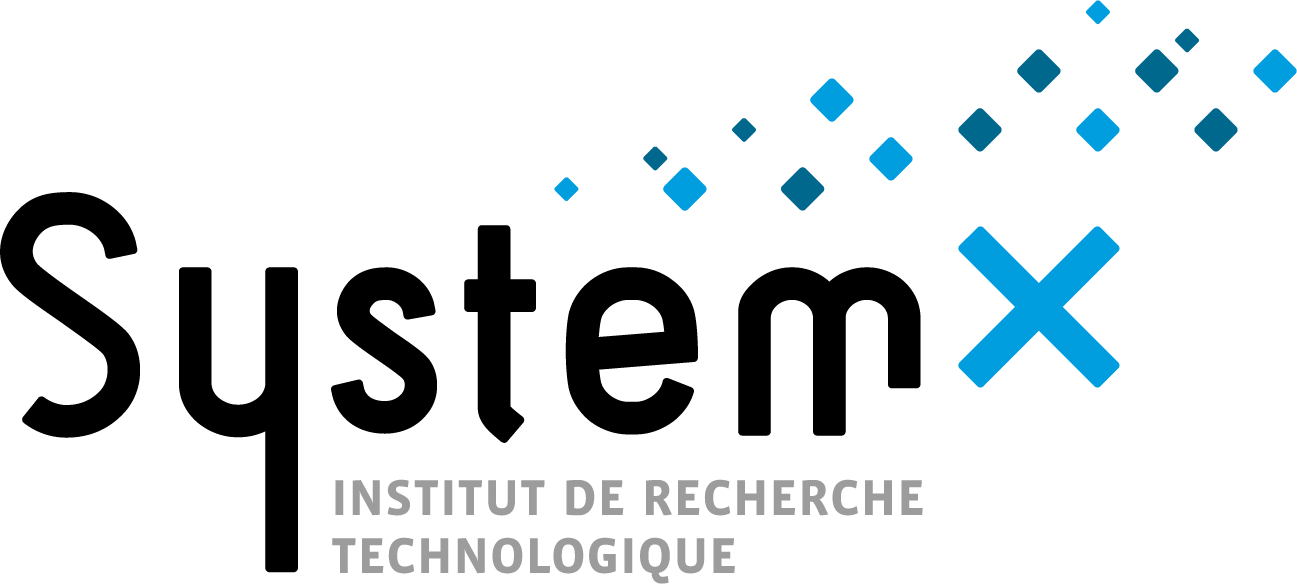As part of its Confiance.ai program, IRT SystemX has developed an open-source library called NeuralDE (Neural Domain Extension). This tool enables machine learning models—originally trained under ideal weather conditions—to maintain their performance in degraded environments. The work has significantly improved the robustness and operational reliability of Air Liquide’s object-counting models in adverse weather conditions.
Machine learning (ML) models require vast amounts of data to train effectively. Ideally, this training data should cover all possible scenarios. However, unpredictable situations inevitably arise in industrial contexts, due to human and environmental factors. Additionally, some data is difficult to collect or exploit. The challenge lies in building ML models that can maintain performance even in scenarios where little or no real data is available.
Air Liquide uses AI-powered camera systems to automatically count outdoor inventory. Trained primarily during sunny daytime conditions, the counting tool’s performance degrades noticeably at night or during bad weather (e.g., rain and darkness can reduce image resolution).
Several key challenges had to be addressed:
-
How to detect these new scenarios in real time?
-
How to conduct a sensitivity analysis of the system under such disruptions?
-
How to ensure the system operates reliably in these conditions, while collecting, annotating, and augmenting new data for future training?
IRT SystemX developed a data pre-processing library for real-time deployment to eliminate visual noise (e.g., raindrops, snowflakes). NeuralDE successfully halved the nighttime counting error, achieving over 98% accuracy, thanks to effective data pre-processing and better management of newly encountered scenarios.
We are proud of the work we’ve done, which has led to the deployment of NeuralDE in Air Liquide’s production pipeline
Martin Gonzalez, Project Lead for Robustness, Uncertainty, and Monitoring, IRT SystemX

